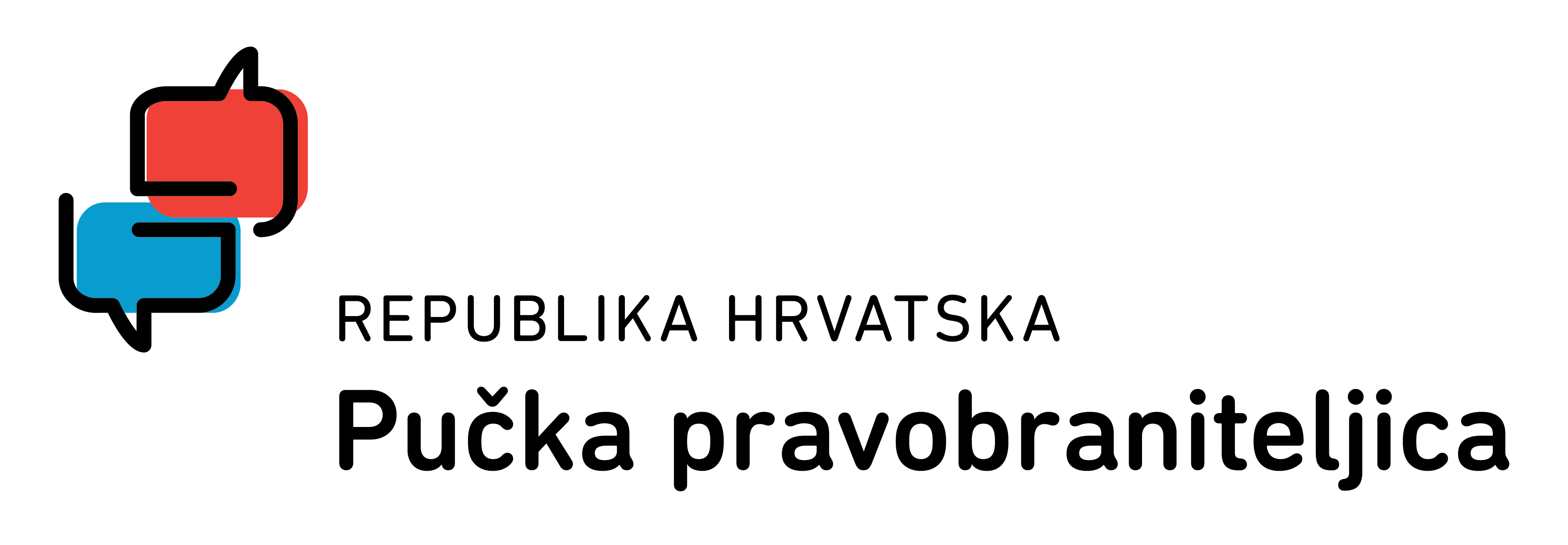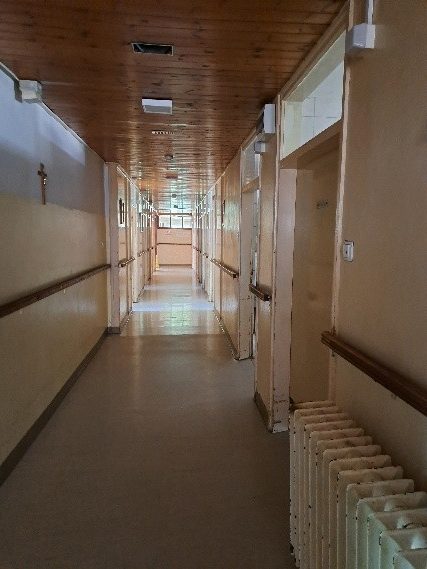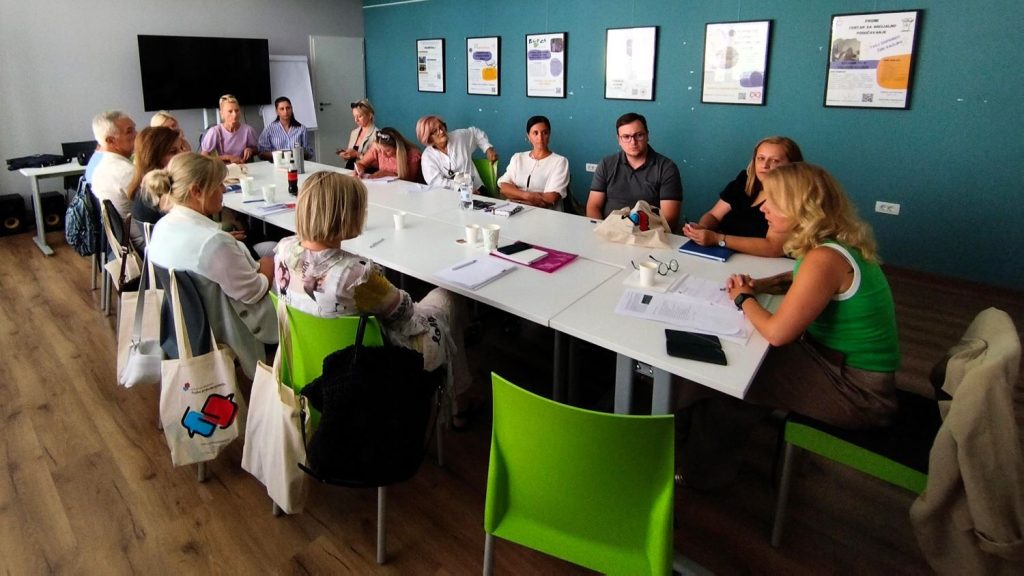Equinet – European Network of Equality Bodies and the Irish Human Rights and Equality Commission hosted the conference Poverty and discrimination: two sides of the same coin on 22 March 2018 in Dublin.
As two closely linked and mutually reinforcing types of injustice, poverty and discrimination reflect different aspects of inequality. Inequality of resources and inequality of recognition both create barriers to participation in society and in the economy. “Poverty and discrimination, unfortunately, work together. That is why the fight against poverty and the fight for equality must go hand in hand,“ stresses Tena Šimonović Einwalter, Chair of the Equinet Executive Board and Deputy Ombudswoman of Croatia.
Joined by keynote speaker David Stanton, Irish Minister of State for Justice, experts representing the UN OHCHR, European Fundamental Rights Agency, European Committee of Social Rights, Eurofound, as well as national governmental and non-governmental organizations and equality bodies, we will discuss what can be done at EU and national levels to break the vicious cycle of poverty and social exclusion and make equality a reality for all in Europe.
Combating poverty is a key undertaking of the European Union. This is reflected in the European Pillar of Social Rights, and Europe 2020, the EU’s ten-year jobs and growth strategy. And crucially, one of the 17 Sustainable Development Goals of the United Nations to which the European Union and all Member States committed is to end poverty in all its forms everywhere. According to Marianne Thyssen, EU Commissioner for Employment, Social Affairs, Skills and Labour Mobility: “Too many people in Europe cannot develop their full potential due to the vicious cycle between poverty and discrimination. The European Pillar of Social Rights guides our actions in combating poverty and social exclusion and promoting equal opportunities. Now that the Pillar has been endorsed by all Member States, concerted action at all levels of responsibility will be necessary to ensure that everyone can live a life in dignity.”
Despite this link, the policy responses to poverty and to discrimination continue to be fragmented and characterised by different strategies and approaches. National equality bodies have a particular contribution by infusing economic and social rights with an ambition for equality. Equality bodies that have a mandate to challenge discrimination and inequalities on the ground of socio-economic status are particularly well placed to make this contribution. [QUOTE EMILY LOGAN, CHIEF COMMISSIONER OF THE IHREC].




